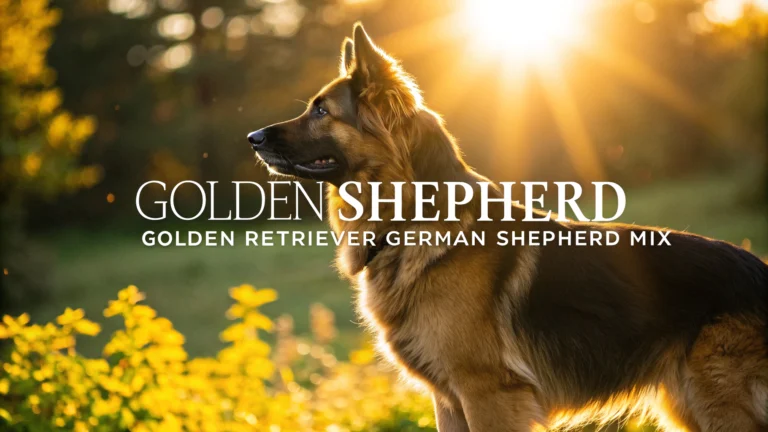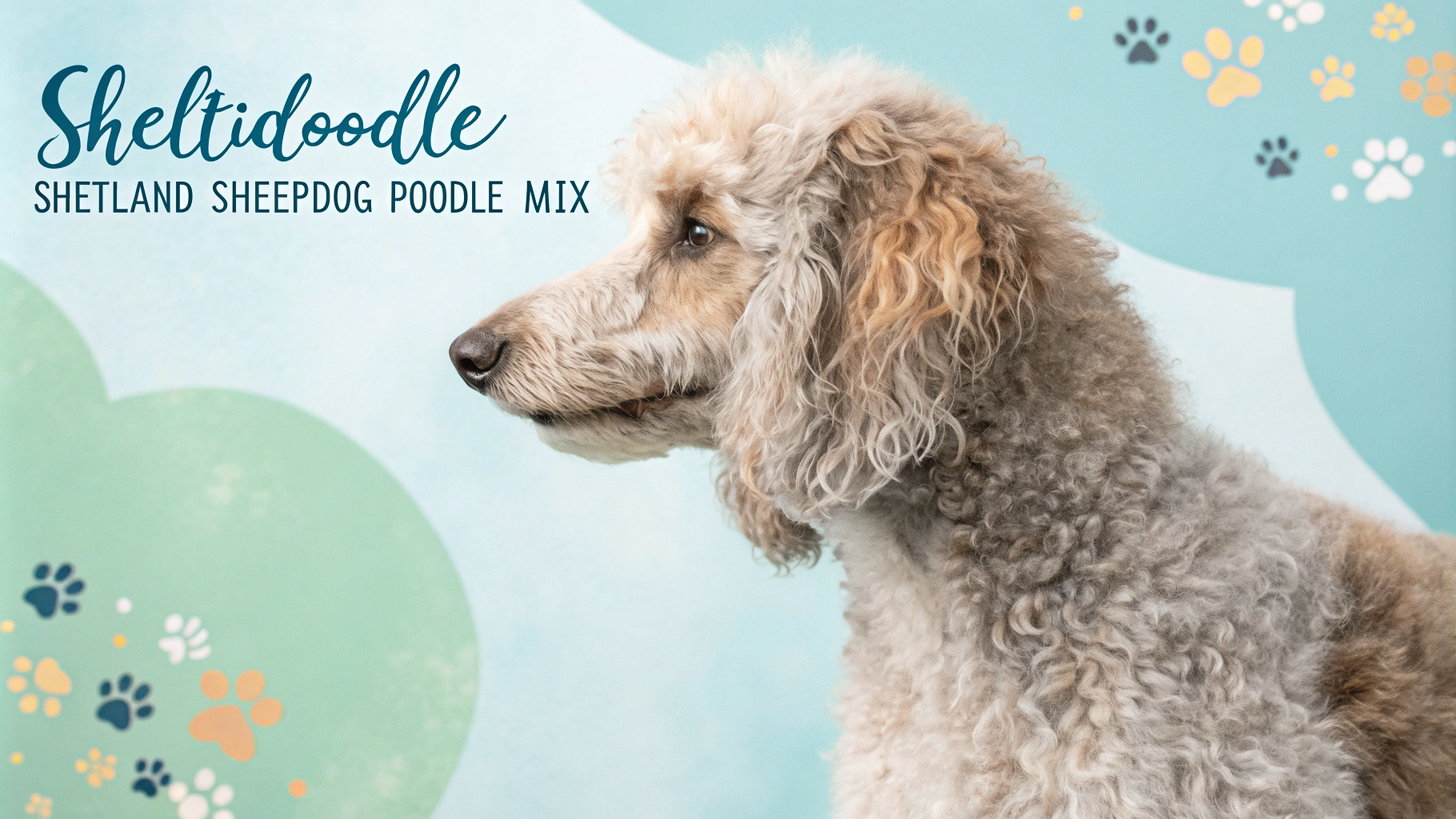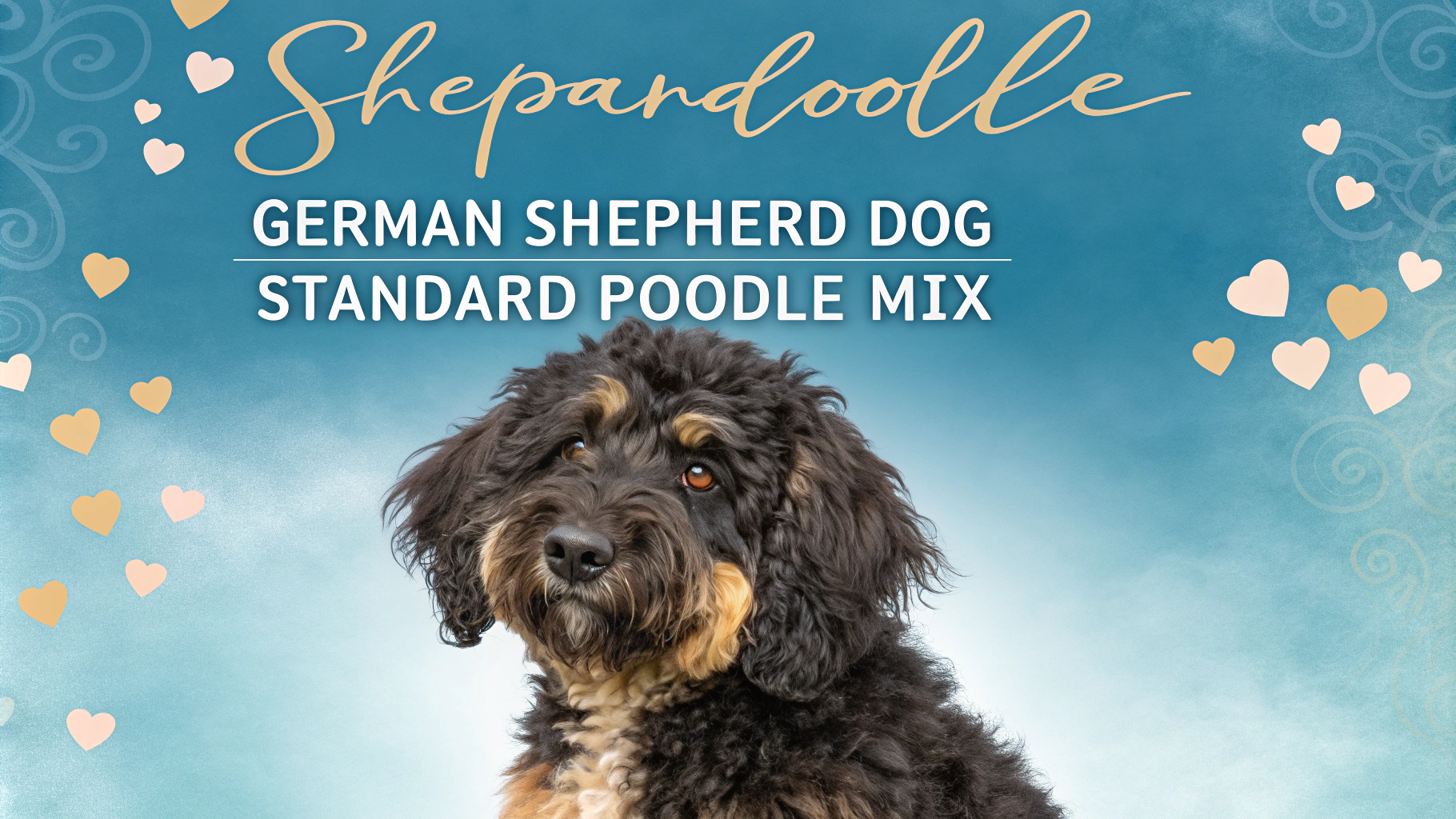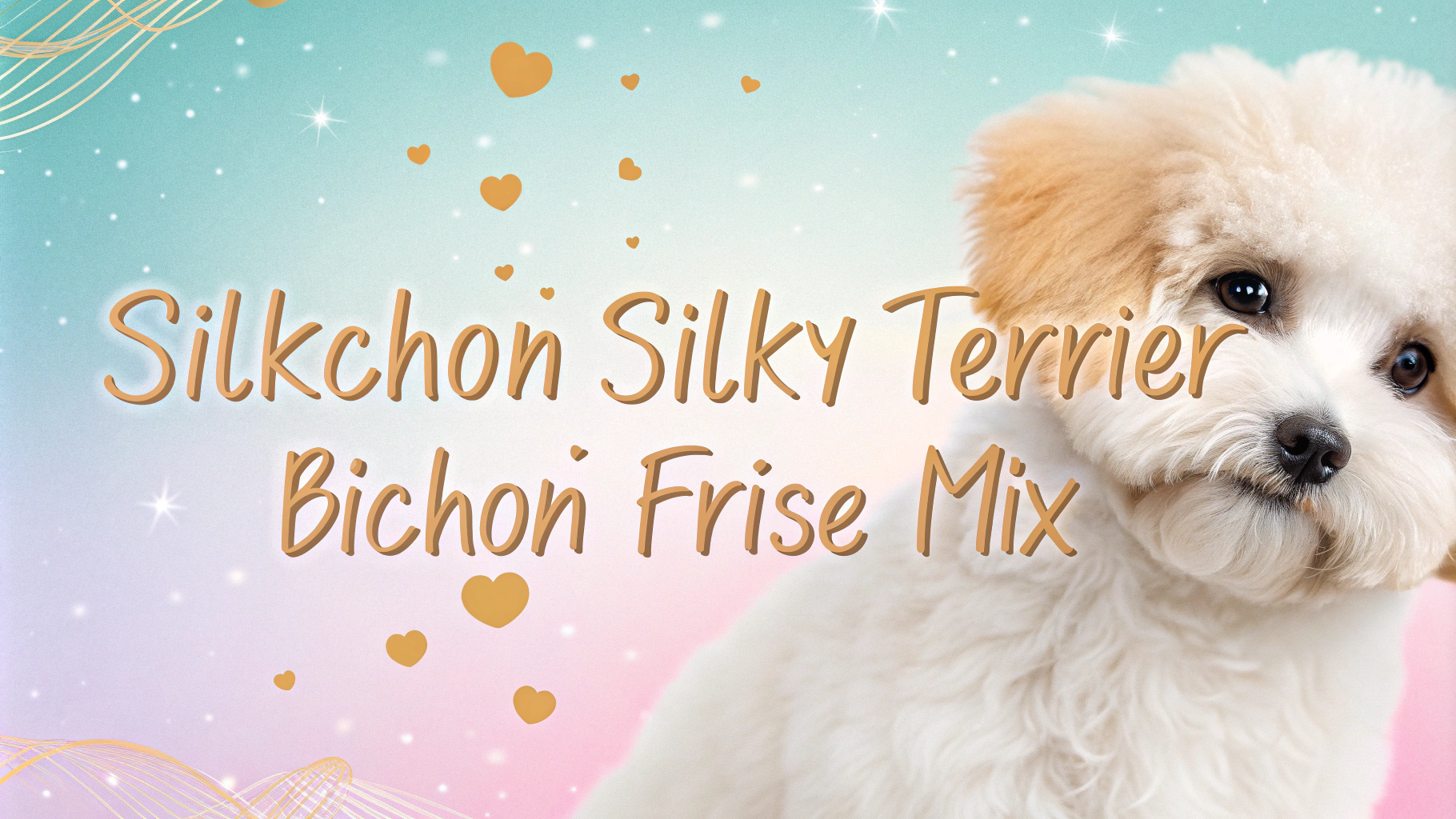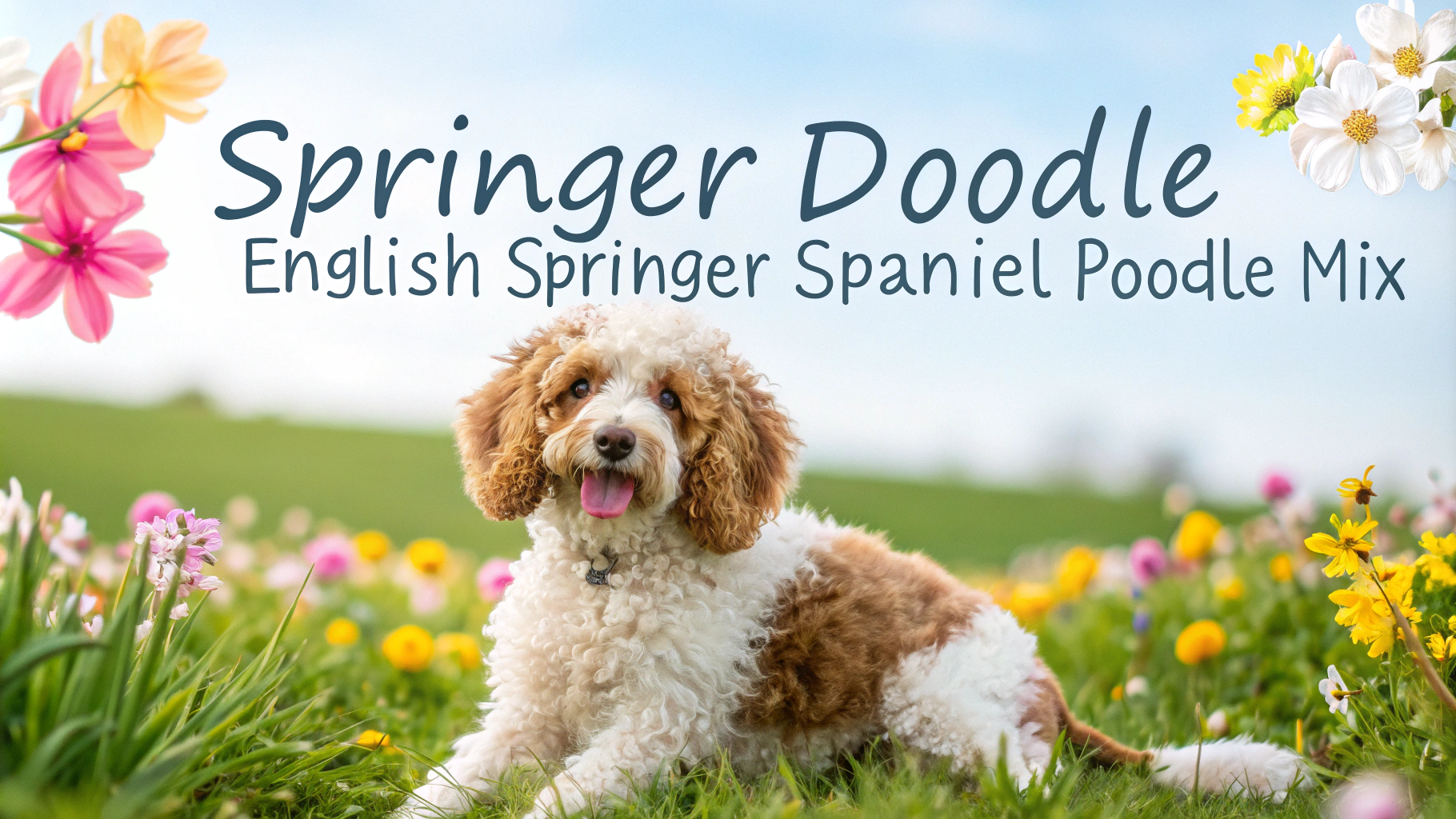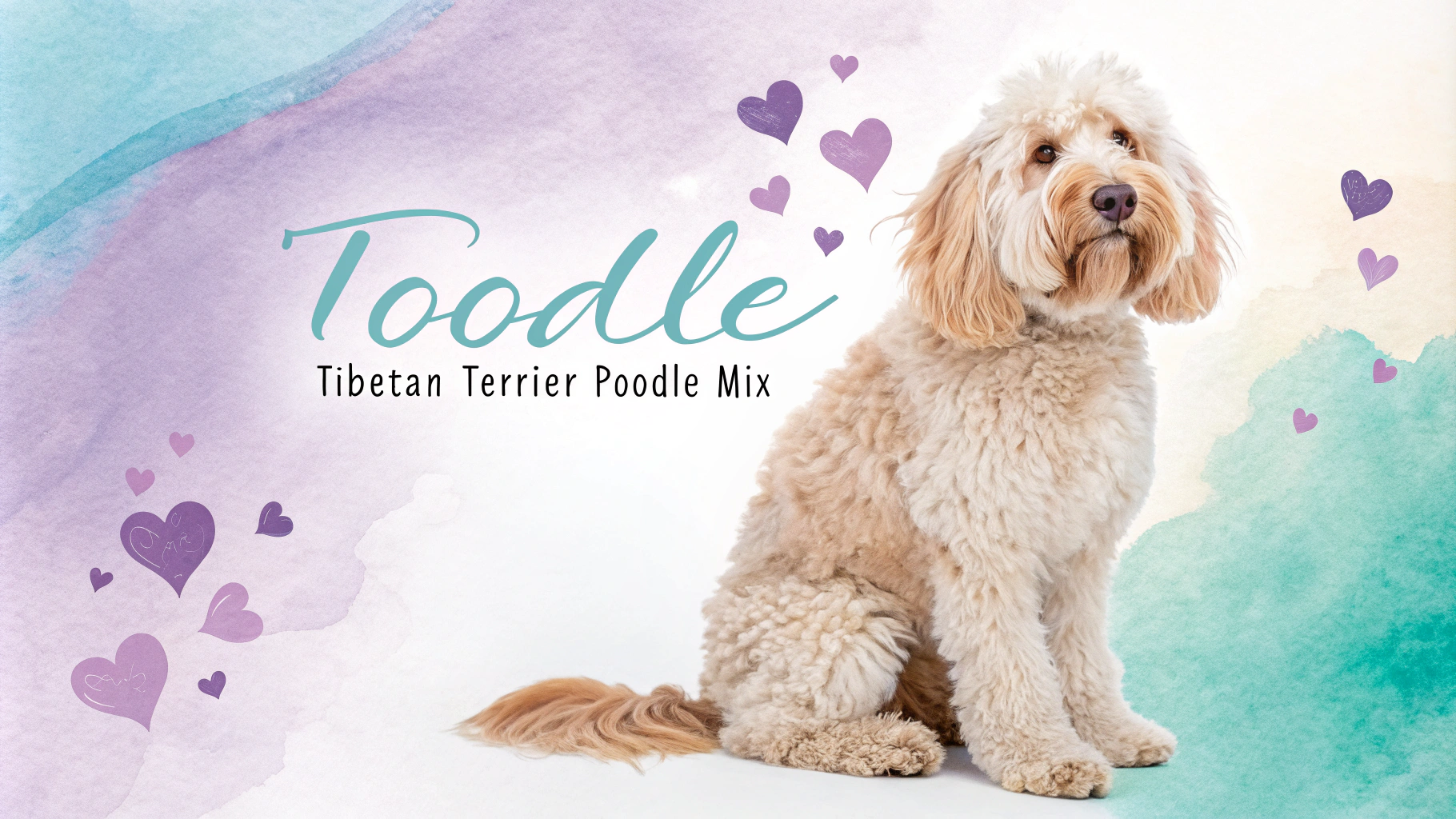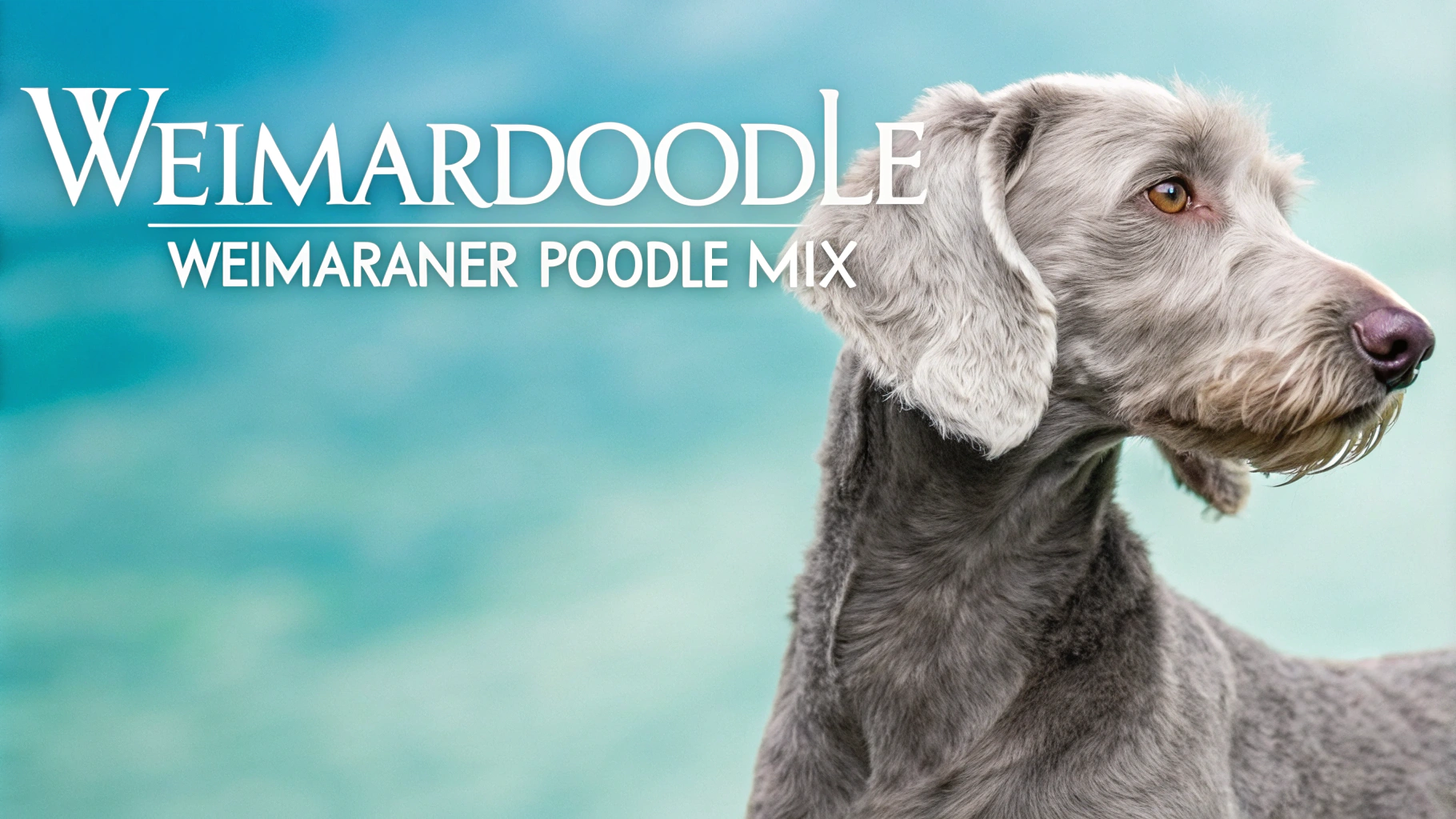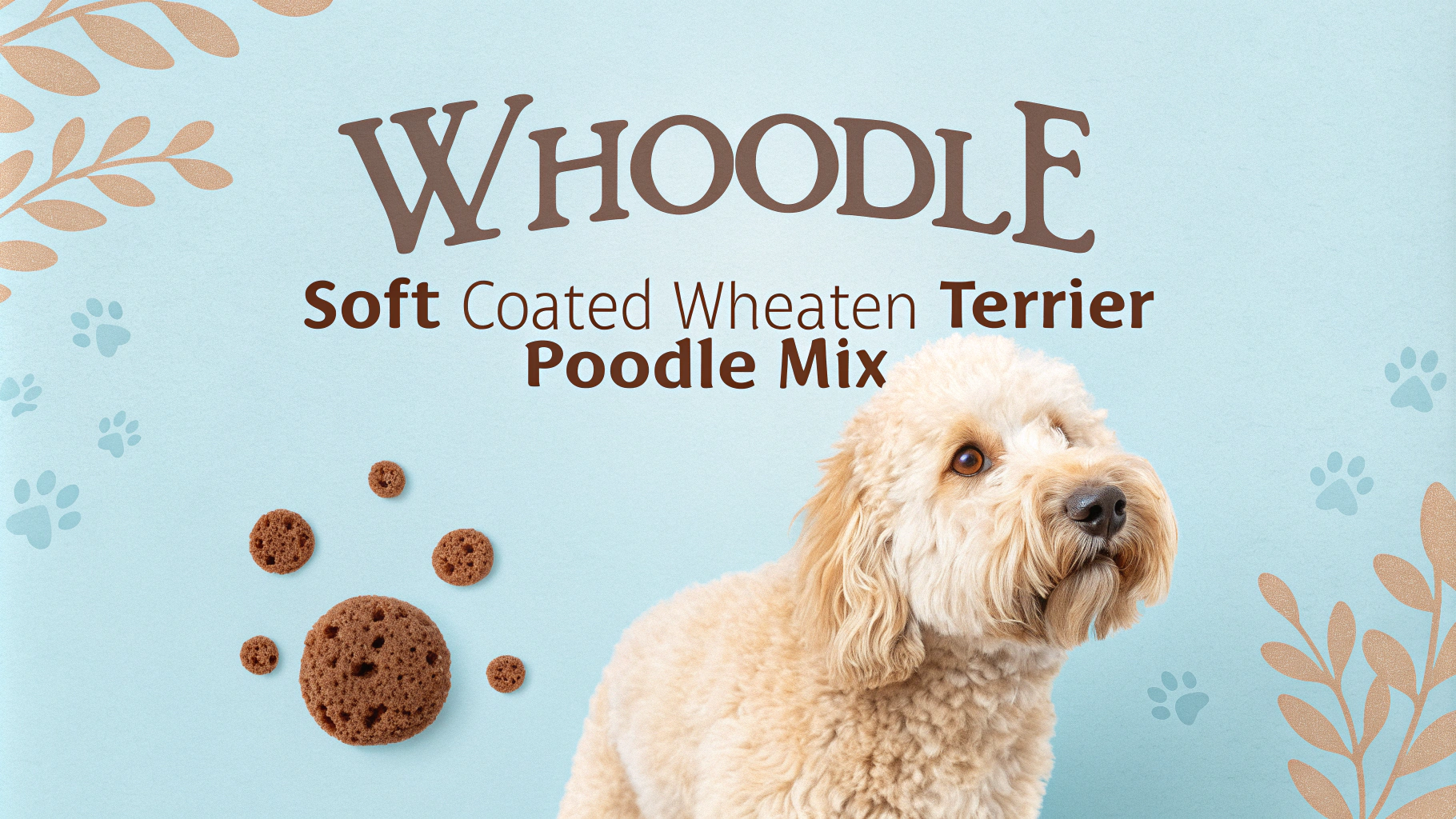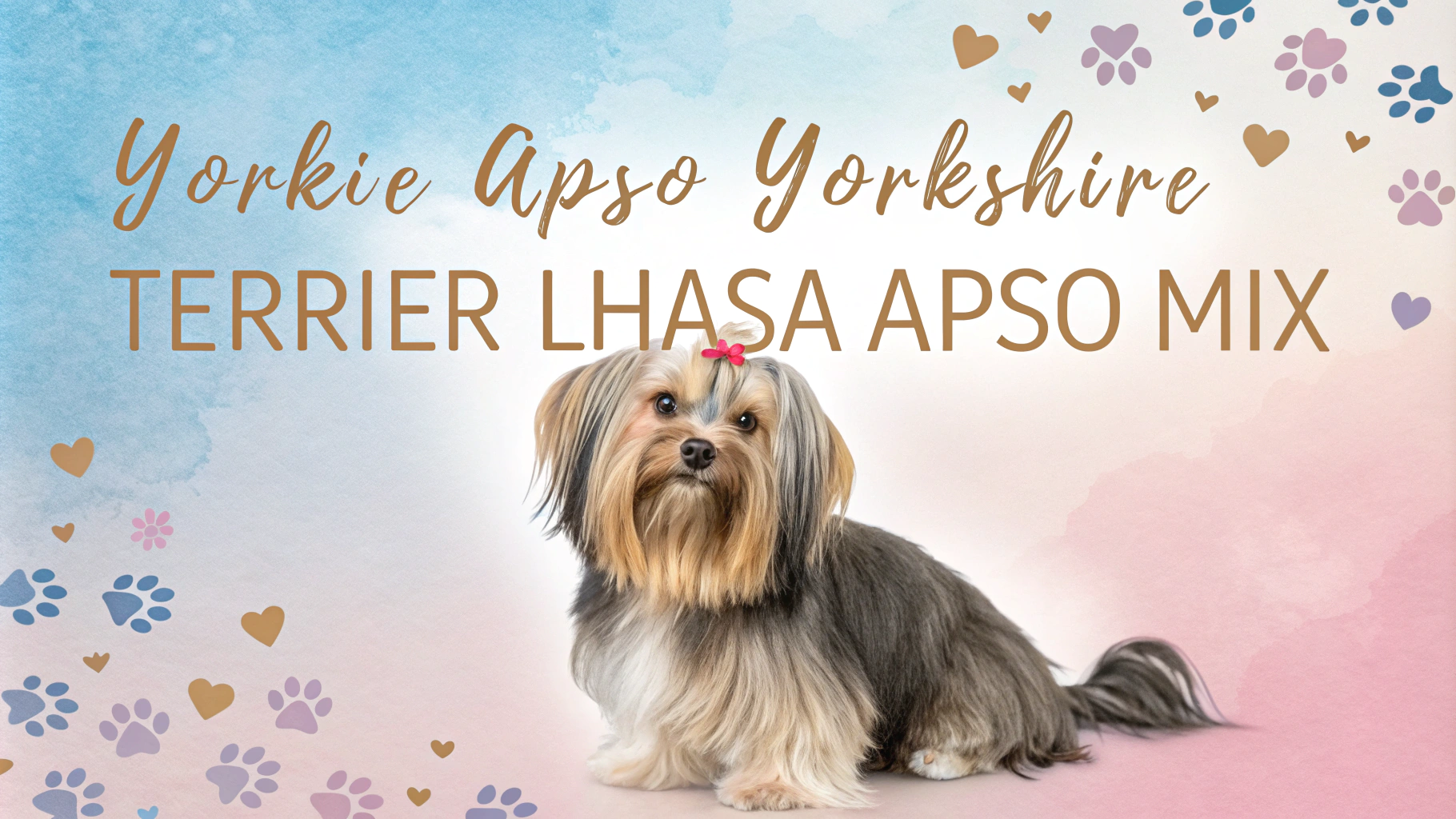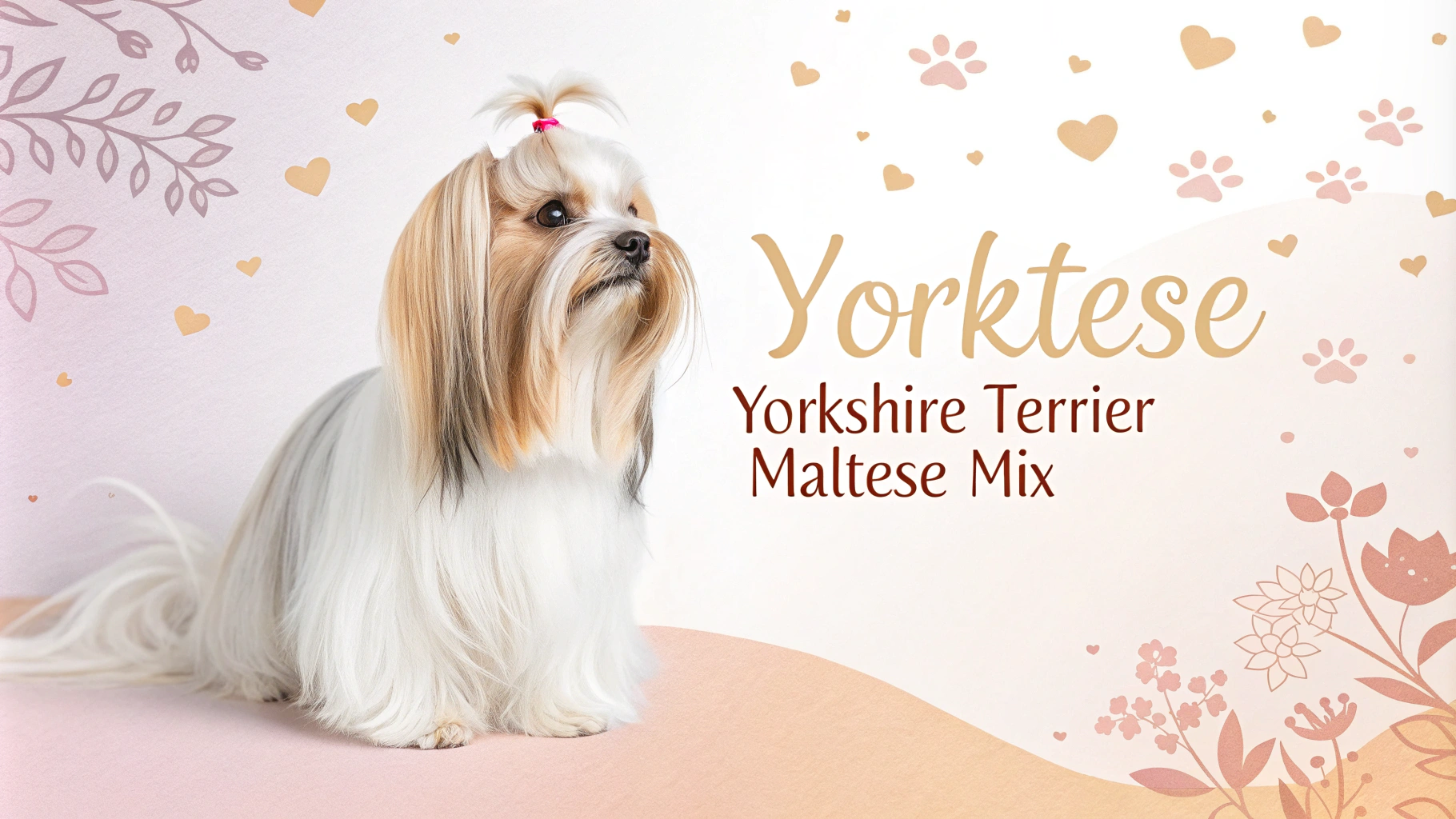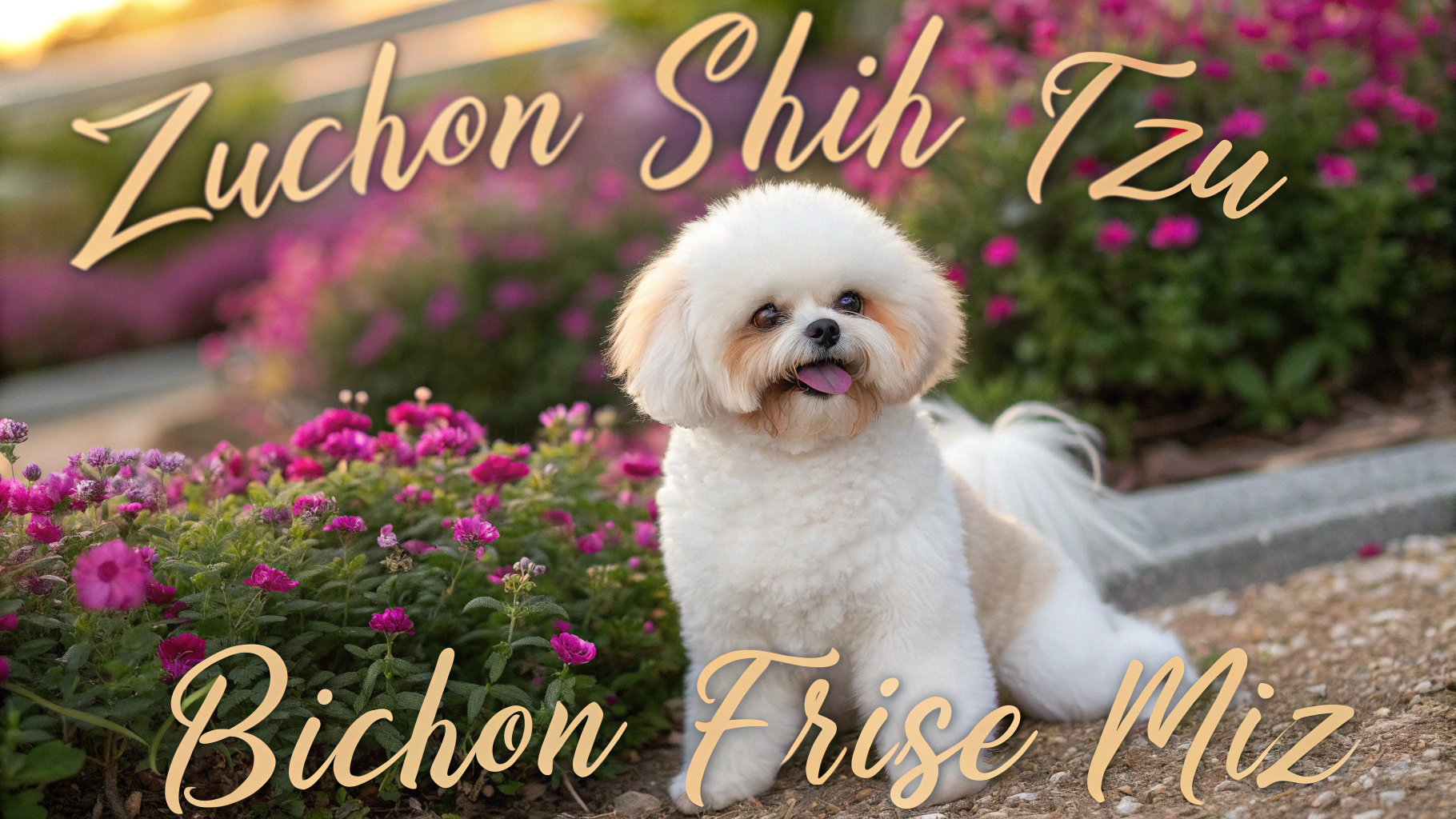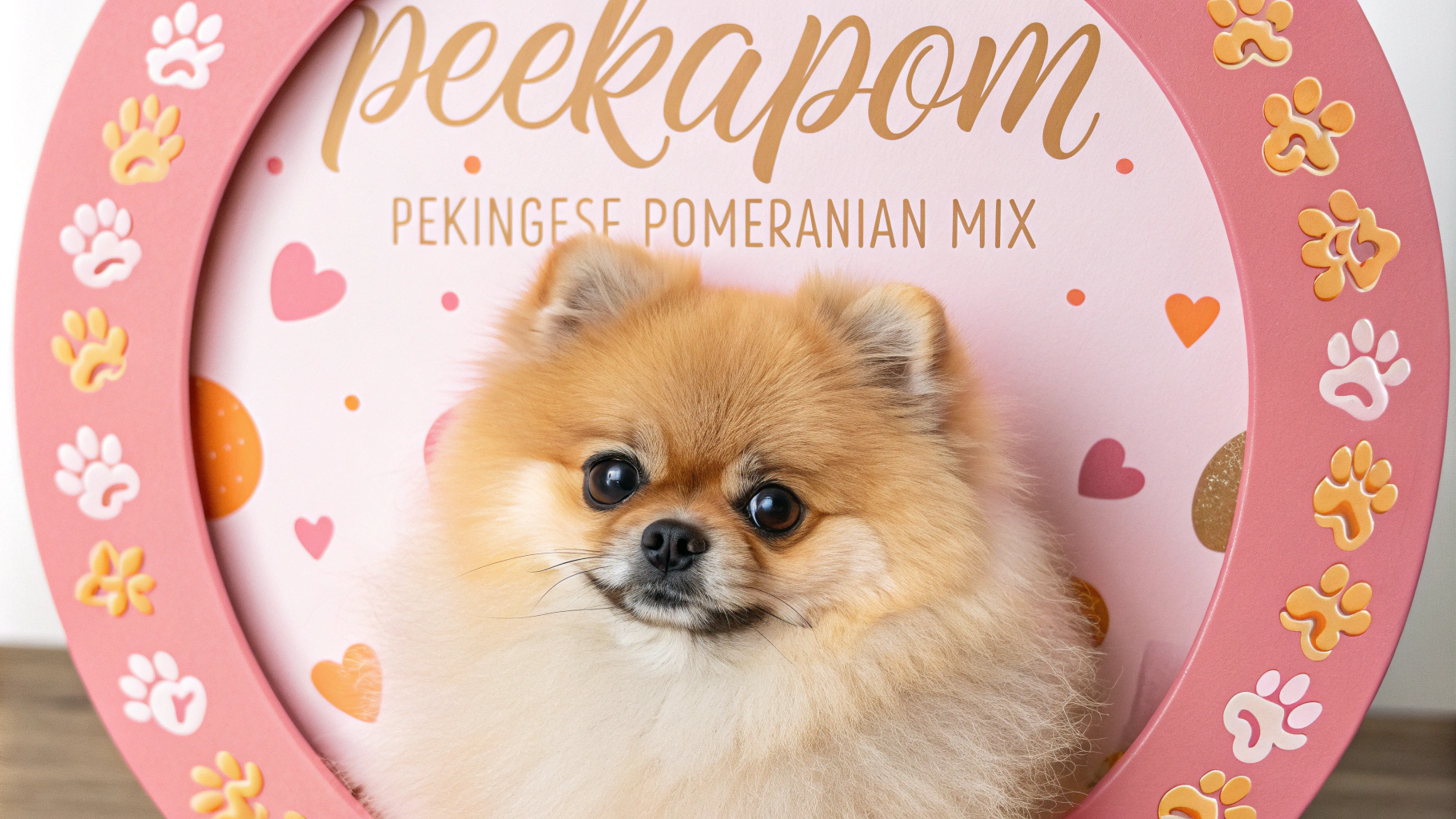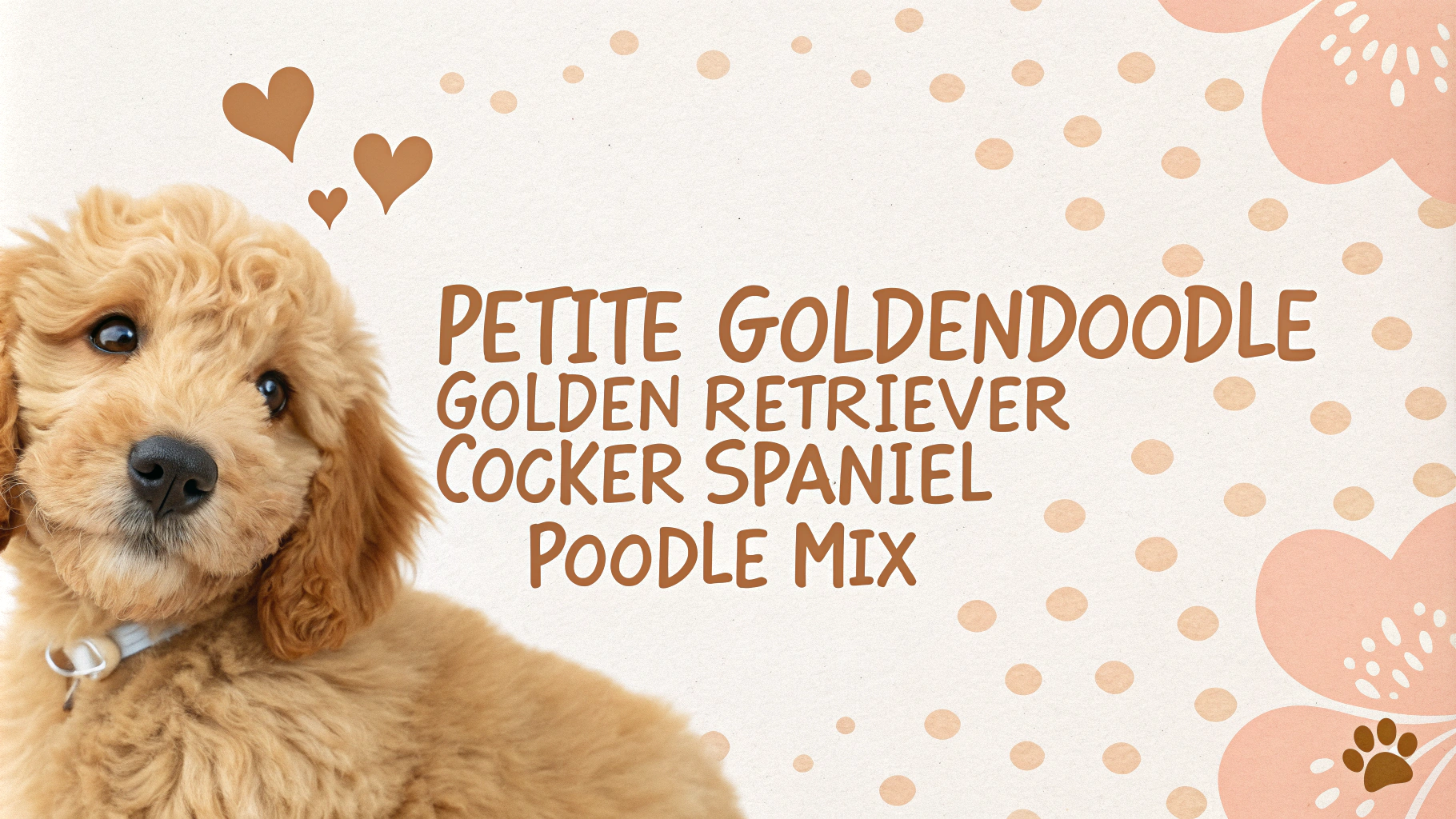The Golden Shepherd is a mixed breed dog resulting from crossing a Golden Retriever with a German Shepherd. This hybrid combines the friendly, outgoing nature of the Golden Retriever with the intelligence and protective instincts of the German Shepherd. Golden Shepherds are known for their loyalty, versatility, and ability to excel in various roles, including family companions, service dogs, and working dogs.
Key Facts
- Size: Large
- Weight: 60-85 pounds (27-39 kg)
- Height: 20-26 inches (51-66 cm)
- Lifespan: 10-14 years
- Coat: Medium to long, dense double coat
- Colors: Varying shades of gold, tan, black, and brown
- Energy Level: High
- Trainability: High
- Good with Children: Yes
- Good with Other Pets: Generally yes, with proper socialization
Character Traits
Golden Shepherds inherit a blend of personality traits from their parent breeds, resulting in a dog that is typically:
- Intelligent: They are quick learners and excel in obedience training.
- Loyal: Golden Shepherds form strong bonds with their families and are devoted companions.
- Friendly: They generally have a warm, outgoing nature, especially towards their family members.
- Protective: They may inherit the German Shepherd’s guarding instincts, making them good watchdogs.
- Energetic: These dogs have high energy levels and require regular exercise and mental stimulation.
- Affectionate: They enjoy spending time with their families and are often quite cuddly.
Golden Shepherds are typically good with children and can be patient and gentle, but as with any large dog, supervision is recommended. They may have a strong prey drive, so early socialization with other pets is important. Their intelligence and eagerness to please make them highly trainable, but they can be stubborn at times, requiring consistency and positive reinforcement in training.
History & Origins
The Golden Shepherd is a relatively new mixed breed, likely originating within the last few decades as part of the growing designer dog trend. While the exact origins are not well-documented, we can look at the histories of the parent breeds to understand the background of this mix:
Golden Retriever
Developed in Scotland in the mid-19th century by Lord Tweedmouth, Golden Retrievers were bred to be excellent hunting dogs, particularly for retrieving waterfowl. They quickly gained popularity as family pets due to their friendly nature and intelligence.
German Shepherd
Originating in Germany in the late 19th century, German Shepherds were developed by Captain Max von Stephanitz as herding dogs. They later became popular as police and military dogs due to their intelligence and trainability.
The Golden Shepherd mix likely emerged as breeders sought to combine the friendly, outgoing nature of the Golden Retriever with the intelligence and protective instincts of the German Shepherd. This mix aims to create a versatile dog that can serve as both a loyal family companion and a capable working dog. As with many designer breeds, the goal is often to blend desirable traits from both parent breeds while potentially minimizing some health issues associated with purebreds.
Health Concerns
The Golden Shepherd, being a mix of Golden Retriever and German Shepherd, may inherit health issues common to both parent breeds. Hip and elbow dysplasia are primary concerns, as both parent breeds are prone to these joint conditions. Bloat, a potentially life-threatening condition where the stomach fills with gas and twists, is another risk, especially for deep-chested dogs like German Shepherds. Other potential health issues include:
- Eye problems (cataracts, progressive retinal atrophy)
- Skin allergies and hot spots
- Cancer (especially lymphoma and hemangiosarcoma)
- Hypothyroidism
- Von Willebrand’s disease (a blood clotting disorder)
Regular veterinary check-ups, maintaining a healthy weight, and providing proper exercise can help mitigate some of these risks. It’s also crucial to obtain the mix from a reputable breeder who conducts health screenings on parent dogs. While mixed breeds can sometimes benefit from hybrid vigor, they can also inherit health issues from both parent breeds, so vigilance is key.
Exercise Needs
Golden Shepherds are high-energy dogs that require substantial daily exercise to maintain their physical and mental well-being. As a mix of two active working breeds, they thrive on regular physical activity and mental stimulation. Aim for at least 60-90 minutes of exercise per day, which can be divided into multiple sessions. Suitable activities include:
- Long walks or jogs
- Off-leash play in a secure area
- Fetch games
- Swimming (if they inherit the Golden Retriever’s love for water)
- Agility training
- Hiking
Mental stimulation is equally important for this intelligent breed. Incorporate puzzle toys, obedience training, and interactive play sessions into their routine. Without adequate exercise and mental challenges, Golden Shepherds may develop destructive behaviors or become anxious. Remember that exercise needs may vary based on the individual dog’s age, health, and specific genetic makeup, so it’s essential to tailor the exercise regimen to your dog’s capabilities and energy levels.
Space Requirements
Golden Shepherds are medium to large-sized dogs that require ample space to move around comfortably. While they can adapt to various living situations, they generally thrive in homes with large, securely fenced yards. This allows them to explore, play, and burn off energy freely. However, with sufficient exercise and attention, they can also adapt to apartment living, provided their exercise needs are met through regular outings.
Indoors, Golden Shepherds need enough space to stretch out and relax. A dedicated sleeping area, preferably with a large, comfortable bed, is essential. They also benefit from having space for toys and interactive games. If living in smaller quarters, it’s crucial to:
- Provide daily outdoor excursions to spacious areas
- Create vertical space with dog-safe furniture or platforms
- Ensure there’s room for the dog to move freely without constantly bumping into furniture
- Have a designated area for feeding and water bowls
Remember that Golden Shepherds are social animals and prefer to be close to their family. They may not do well if isolated in outdoor kennels or left alone for extended periods. Regardless of living space, ensuring they receive adequate exercise, mental stimulation, and companionship is key to their well-being.
Nutrition & Feeding
Proper nutrition is crucial for maintaining the health and vitality of Golden Shepherds. As large, active dogs, they require a high-quality, protein-rich diet to support their energy needs and muscle maintenance. The exact nutritional requirements can vary based on the dog’s age, size, activity level, and health status, but generally, their diet should consist of:
- High-quality animal protein (25-30% for adults, 22-24% for puppies)
- Moderate fat content (12-16% for adults, 8-10% for puppies)
- Complex carbohydrates for energy
- Essential fatty acids for coat and skin health
- Vitamins and minerals for overall health
Feeding guidelines typically suggest 2-3 meals per day for adult dogs, with portion sizes based on the dog’s ideal weight and activity level. Puppies may require more frequent feeding. Always provide fresh, clean water. Be cautious of overfeeding, as both parent breeds can be prone to obesity. Regular weight checks and adjusting portions as needed can help maintain a healthy weight. Some Golden Shepherds may have food sensitivities or allergies, so monitor for any adverse reactions when introducing new foods. Consult with a veterinarian to develop a tailored nutrition plan that meets your Golden Shepherd’s specific needs.
Grooming Tips
The Golden Shepherd typically has a dense double coat that sheds moderately throughout the year and heavily during shedding seasons. Regular grooming is essential to maintain their coat health and minimize shedding. Here are some key grooming tips:
- Brushing: Brush your Golden Shepherd 2-3 times a week, increasing to daily during shedding seasons. Use a slicker brush or undercoat rake to remove loose fur and prevent matting.
- Bathing: Bathe your dog every 6-8 weeks or as needed. Use a dog-specific shampoo to maintain coat and skin health.
- Nail trimming: Trim nails every 3-4 weeks or as needed to prevent discomfort and potential injuries.
- Ear cleaning: Check and clean ears weekly to prevent infections, especially if your dog enjoys swimming or has floppy ears.
- Dental care: Brush teeth 2-3 times a week to maintain oral health and prevent dental issues.
Regular grooming sessions also provide an opportunity to check for any skin issues, lumps, or abnormalities. If you’re unsure about grooming techniques, consider consulting a professional groomer for guidance.
Training Approach
Golden Shepherds are intelligent and eager to please, making them generally responsive to training. However, they can also be independent thinkers, requiring a consistent and patient approach. Here are some effective training strategies:
- Positive reinforcement: Use treats, praise, and toys to reward good behavior and encourage desired actions.
- Early socialization: Expose your puppy to various people, animals, and environments from a young age to develop a well-rounded temperament.
- Consistency: Establish clear rules and boundaries, ensuring all family members enforce them consistently.
- Mental stimulation: Incorporate puzzle toys and training games to keep their minds engaged and prevent boredom-related behaviors.
- Obedience training: Start with basic commands like sit, stay, come, and heel, gradually progressing to more advanced tasks.
Golden Shepherds may inherit a strong prey drive or herding instinct, so leash training and recall commands are particularly important. Consider enrolling in obedience classes or working with a professional trainer if you encounter challenges. Remember that patience and persistence are key, as these dogs may combine the eagerness of a Golden Retriever with the independence of a German Shepherd.
